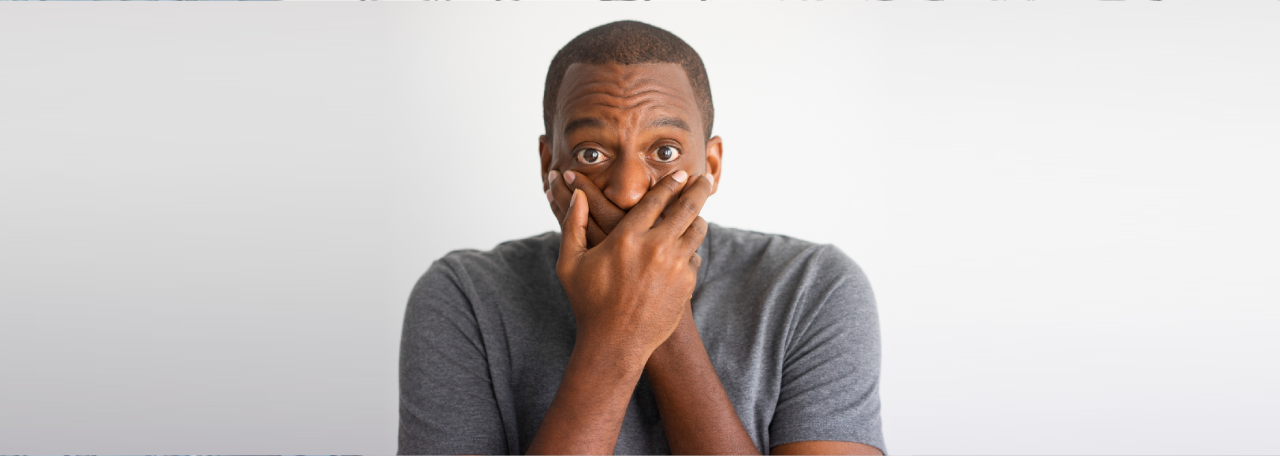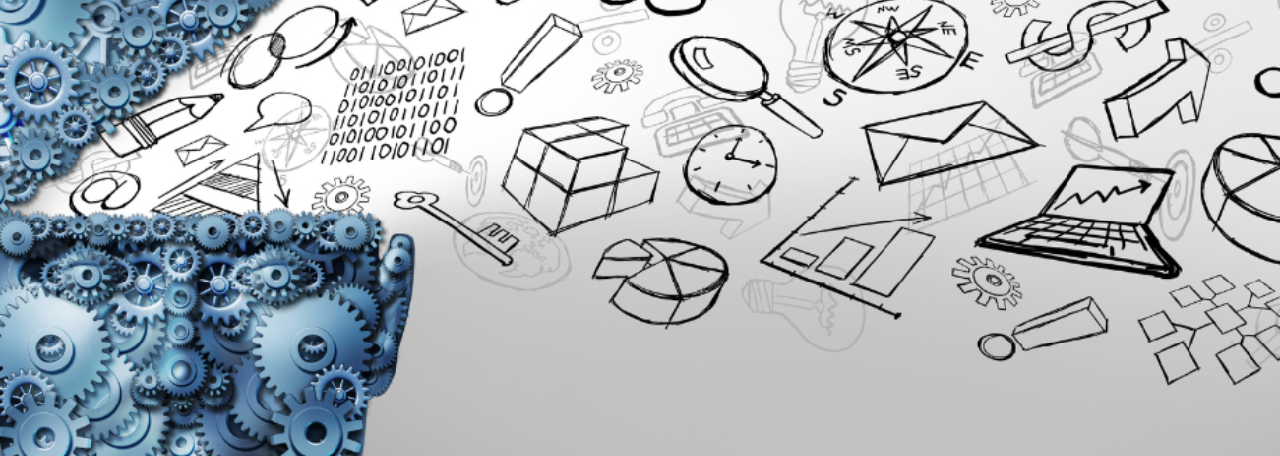Revealing the Unspoken Struggles Faced by Male Victims
In my practice, the majority of my clients are women although, I also have male clients. A lot of the women I see have experienced some type of abuse and these clients come and see me because of the negative symptoms they are experiencing as a result of these traumatic experiences.


